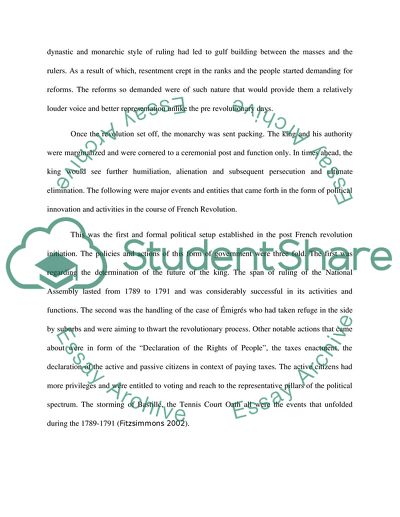Cite this document
(“The french revelosion Essay Example | Topics and Well Written Essays - 2000 words”, n.d.)
The french revelosion Essay Example | Topics and Well Written Essays - 2000 words. Retrieved from https://studentshare.org/history/1633238-the-french-revelosion
The french revelosion Essay Example | Topics and Well Written Essays - 2000 words. Retrieved from https://studentshare.org/history/1633238-the-french-revelosion
(The French Revelosion Essay Example | Topics and Well Written Essays - 2000 Words)
The French Revelosion Essay Example | Topics and Well Written Essays - 2000 Words. https://studentshare.org/history/1633238-the-french-revelosion.
The French Revelosion Essay Example | Topics and Well Written Essays - 2000 Words. https://studentshare.org/history/1633238-the-french-revelosion.
“The French Revelosion Essay Example | Topics and Well Written Essays - 2000 Words”, n.d. https://studentshare.org/history/1633238-the-french-revelosion.


